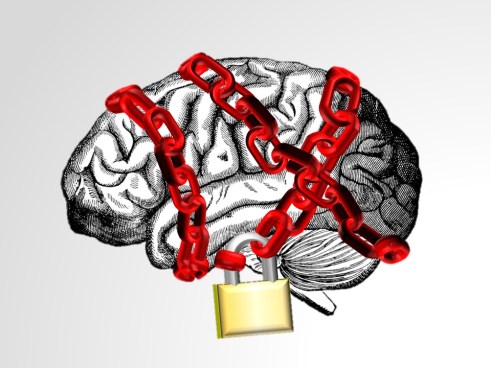
For donkey’s years, I have driven past the United Nations Human Rights Office on my way to work without thinking much about it. A few weeks ago, the place took on an added significance. Following the presidential elections, a one Hon. Robert Kyagulanyi (aka Bobi Wine) threatened to visit the place and petition the state of human rights in Uganda and the harassment/arrest of his party colleagues. Still, I took little cognizance of the place beyond noting that the tarmac road outside the UN premises was is such a sorry state of disrepair.
Bobi Wine’s complaints for me would have gone unnoticed were it not for him to actually descend on the place and hand in the petition. Unfortunately, where Bobi goes, the security forces and journalists (an odd combination) follow. This time the welcoming party were from the security forces were a bunch of red tops (the ones Bobi loves to wear). The journalists got there first and the security folks served them a cocktail of batons, kicks and lashings. All this did not go unrecorded and is now part of our gory history.
But this piece has nothing to do with those events, as I usually skirt matters of generals and journalists. Rather, it is about what happened outside the UN Human Rights office following the notoriety it achieved on the infamous ‘petition’ day. It is also about our collective conscientiousness or lack thereof. Kampala City Council Authority (KCCA) who are the ‘custodians’ of the road, suddenly noticed that the road was in a terrible state of disrepair and graded it, thereby turning it into a murram stretch. On account of the dry spell and heavy traffic, the UN offices and neighbouring homesteads are now all bathed in brown dust. It is hard to believe this is right in the heart of Kololo. Perhaps it was KCCA’s way of turning up their noses at the UN for receiving Bobi’s petition. Who knows?
Conscientiousness is about being careful, or diligent. It implies a desire to do a task well, and to take obligations to others seriously. Conscientious people tend to be efficient and organized as opposed to easy-going and disorderly. The lack of a collective conscientiousness is today glaringly imbued in the way we behave and do things, whether one is thinking about organizations or individuals. The lack of conscientiousness has come to define our national character in such a way that is, to say the least, embarrassing. It is now more than a national malaise. KCCA will give all manner of excuses, but the facts speak for themselves.
A few related examples will suffice to show how widespread the problem is. First up is the way we drive our cars and relate to other road users. There is a complete lack of courtesy and discipline. As a result, we end up creating jams and all manner of inconvenience to pedestrians as we drive onto the pavements, and create illegal lanes. Add to this the not so small matter of boda bodas and illegal convoys of ‘big men’ going about their national obligations and you get the picture – a chaotic and disorderly society. It is so difficult to drive in the city without getting a minor accident with the boda boda chaps or being shoved off the road by a very ‘important’ person.
A second example, is in the way we dispose of our rubbish. Some road users will just throw their rubbish onto the road. Others will accumulate this rubbish (including their domestic waste) and throw it along the road on the way to work. The poorer ones, without toilets have perfected that art of using kaveeras (polythene bags) to collect their fecal waste and toss it out as ‘flying toilets’ as they travel by! If you still have any doubt about the lack of conscientiousness, just wait for the Covid-19 vaccine drama. As the residents say, “Kampala ssi bizimbe”!
Samuel Sejjaaka is Country Team Leader at Mat Abacus Business School. Twitter @samuelsejjaaka


